Xi's top men: Is there a power struggle between Li Qiang and Cai Qi?
Lianhe Zaobao associate editor Han Yong Hong notes that while international media and observers are suggesting a power struggle between the Chinese Communist Party's top ranking officials Li Qiang and Cai Qi, they are both in fact in just a "sharing the workload but not the power" relationship with General Secretary Xi Jinping.
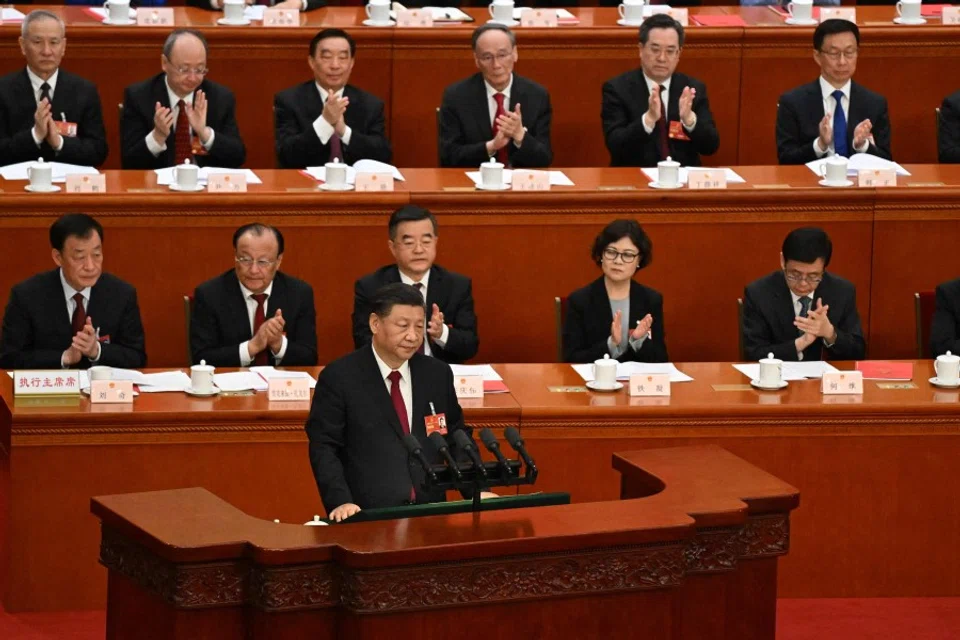
The power structure of the upper echelons of the Chinese Communist Party (CCP) has recently drawn the attention of international media.
Power struggle?
The discussion was prompted by news of the study session on promoting high-quality development in the financial sector held from 16 to 19 January at the Party School of the CCP Central Committee (National Academy of Governance). The participants were mainly key leaders at the provincial level, i.e., provincial party secretaries and governors.
At the opening of the session, CCP General Secretary Xi Jinping reiterated that financial regulation should "have teeth and thorns" and be sharp and tough, while the primary principle on the path of financial development with Chinese characteristics was to "adhere to the centralised and unified leadership of the Party Central Committee in financial work".
Foreign observers noted that other members of the Politburo Standing Committee (PSC) and Vice-President Han Zheng attended the opening. The only one absent was second-ranked Premier Li Qiang, who was attending the World Economic Forum in Davos, Switzerland. Reports from Nikkei and other media suggested that holding a financial seminar during Li's overseas visit was unusual, given that he is in charge of economic and financial matters.
These reports cited other examples and suggested a possible power struggle between Cai Qi and Li Qiang, with the balance of power tilting towards Cai.
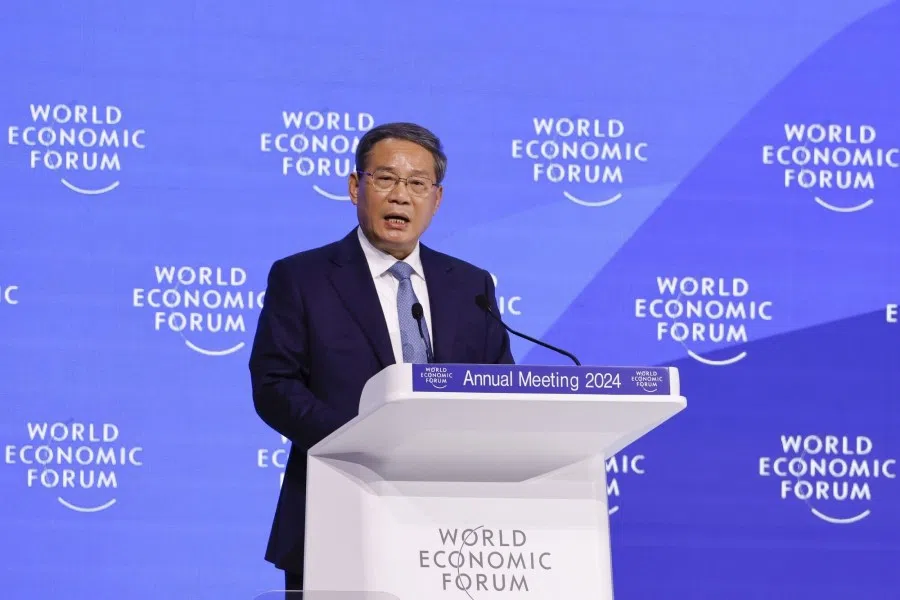
Nikkei and other media also specifically mentioned that when the session concluded on 19 January, PSC member and first-ranked secretary of the CCP Secretariat Cai Qi presided over the event and delivered a concluding speech. These reports cited other examples and suggested a possible power struggle between Cai Qi and Li Qiang, with the balance of power tilting towards Cai.
Looking at past records, the CCP has held annual study sessions for provincial-level leaders in January or February for several years, with these sessions taking place almost every year since 1999. Since Xi Jinping took office in 2012, he has delivered speeches at the openings of various study sessions (no sessions were held in 2013 and 2020, and there are sessions occasionally held in other months). The second highest ranking member of the PSC usually presides over the opening - previously it was mainly Li Keqiang, then Li Qiang in 2023.
There is no reason for the CCP to so quickly strip Li of his authority in the financial sector and replace him with someone else.
Respective responsibilities
This year's session was held while Li Qiang was abroad, inevitably leading to speculation and discussion. However, this is unlikely to be a deliberate move by the CCP, as Li assumed the role of director of the Central Financial and Economic Affairs Commission only in November last year. There is no reason for the CCP to so quickly strip Li of his authority in the financial sector and replace him with someone else.
The reason for the seminar being held during Li's overseas visit is unknown, but it may be due to scheduling conflicts. The day after the session concluded, various provincial-level "Two Sessions" were convened intensively on 20 January, leaving limited flexibility in the schedules of many high-ranking officials.
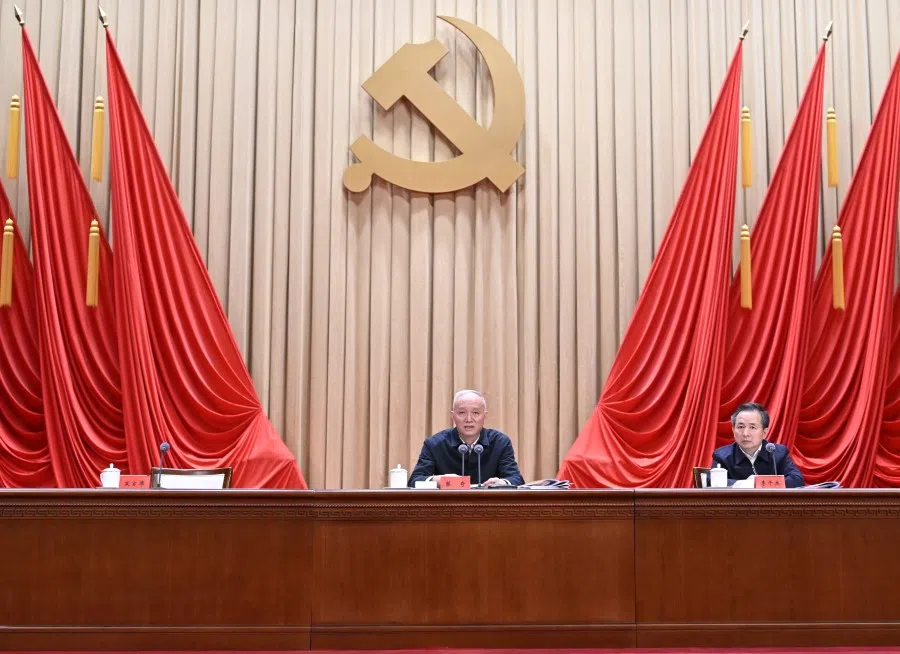
As for Cai Qi presiding over the closing ceremony and delivering a concluding speech, there is no need to read too much into it. In the past few years, the closing ceremonies of study sessions have been presided over and addressed by PSC members in charge of party affairs - Wang Huning previously often played this role.
As for the division of responsibilities among the top leaders of the CCP, it is more noteworthy that since the 20th National Congress of the CCP, where Xi Jinping achieved an undisputed leadership position, the six other members of the PSC still have a certain order of seniority, but their functions mainly depend on their respective areas of responsibility.
The elevation of the role of director of the CCP General Office to one equivalent to that of a PSC member is another new phenomenon that emerged after the 20th Party Congress, demonstrating the increased importance and heightened position of the party affairs system.
Li Qiang heads the State Council and is in charge of economy, finance and social development. He is also a deputy head of the CCP National Security Commission and the Central Commission for Comprehensively Deepening Reform. As premier, Li is also involved in several other external affairs, shouldering a heavy workload.
Cai Qi, who is in charge of party affairs and ideology, is both the first-ranked secretary of the CCP Secretariat and director of the CCP General Office. The elevation of the role of director of the CCP General Office to one equivalent to that of a PSC member is another new phenomenon that emerged after the 20th Party Congress, demonstrating the increased importance and heightened position of the party affairs system.
Prior to this, for many years the position of director of the CCP General Office had been held by non-PSC members. With Cai being in charge of both the secretariat and the general office, this meant that all documents submitted to the Politburo and the general secretary would first go through him.
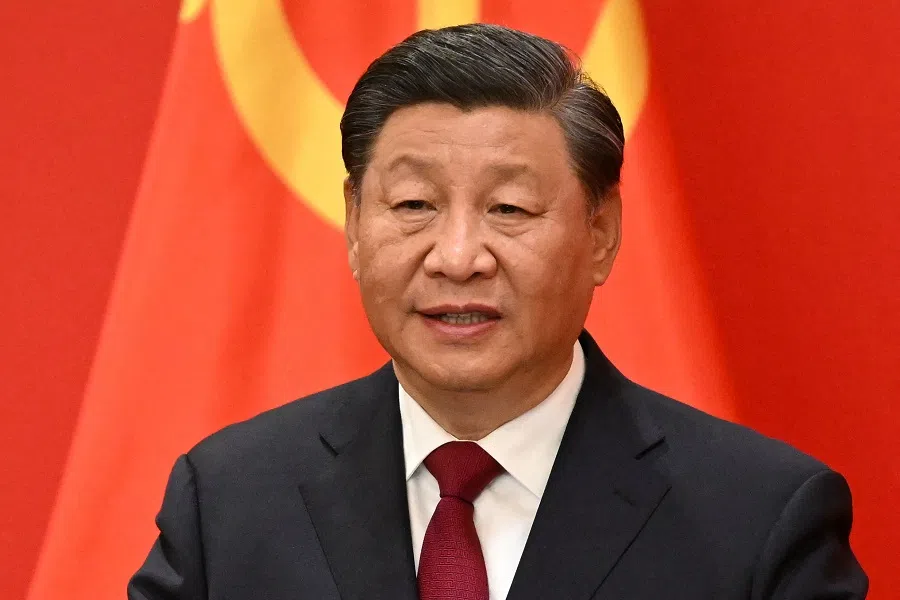
Cai is also head of the central leading group for the education campaign on the study and implementation of Xi Jinping Thought, and is deputy leader of the Central Commission for Comprehensively Deepening Reform among many other roles. He is the PSC member who is most in touch with the workings of the General Secretary's Office and would accompany Xi on his inspections and visits across China.
The other PSC members - Zhao Leji, Wang Huning, Ding Xuexiang and Li Xi - each have their respective roles as well. Zhao is in charge of the National People's Congress and is also a deputy head of the CCP National Security Commission. Wang is in charge of united front work and Taiwan affairs, while also a deputy leader of the Central Commission for Comprehensively Deepening Reform.
Ding is a vice-premier and leader of the Central Leading Group on Hong Kong and Macau Affairs, and may hold a key position in an important organisation whose membership list has not been made public, such as the Central Science and Technology Commission.
Li Xi is concurrently secretary of the Central Commission for Discipline Inspection. In 2023 the CCP went hard with its efforts to "take down tigers", with a total of 87 central party and government officials investigated, clearly surpassing the average from previous years. This is a result of Li's work.
... it is expected that they are all well aware of their respective roles and mindful of their boundaries.
As long as Xi Jinping is around
Among the PSC members, Li Qiang and Cai Qi are the two major figures in charge of government affairs and party affairs respectively for the general secretary - this structure had been confirmed following the 20th Party Congress in October 2022.
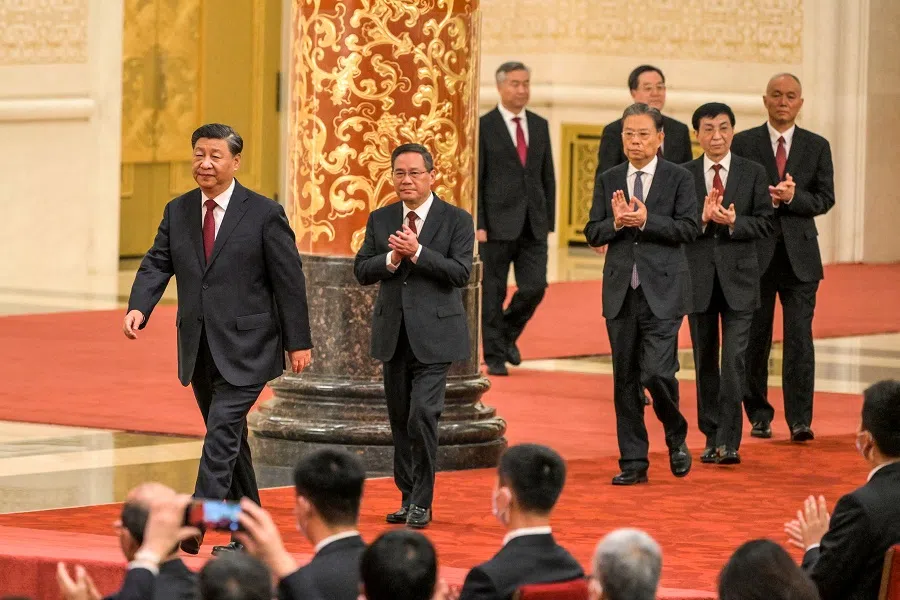
Of course, with the overall strengthening of party leadership, the notion of "the party leads everything" has been fully implemented and actualised after the 20th Party Congress, and the weight of the party system in the decision-making hierarchy of the CCP has increased. It is also an indisputable fact that the weight of the government, i.e., the State Council system, has decreased.
The signs of change in the status of the State Council system are much more apparent externally. For example, when Hong Kong's chief executive made a duty visit to Beijing in December 2023, he no longer reported to Premier Li Qiang independently, but instead reported directly to Xi Jinping with Li, Cai and others merely observing.
In the realistic world among the upper echelons of power, it is expected that they are all well aware of their respective roles and mindful of their boundaries. Some academics have described Li and Cai as "sharing the workload but not the power" of the general secretary in their respective fields - all party and government power remains in the hands of the "core", i.e. Xi Jinping.
Looking back at how Li was not present at the study session for provincial-level leaders that started on 16 January, the message is clear: the meeting would still carry weight as long as Xi is in attendance and speaking at the study session. All the others are simply doing their respective jobs.
This article was first published in Lianhe Zaobao as "中共高层分工再引关注".
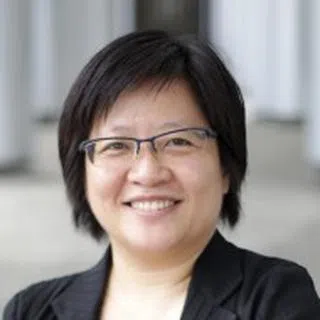


![[Big read] When the Arctic opens, what happens to Singapore?](https://cassette.sphdigital.com.sg/image/thinkchina/da65edebca34645c711c55e83e9877109b3c53847ebb1305573974651df1d13a)
![[Video] George Yeo: America’s deep pain — and why China won’t colonise](https://cassette.sphdigital.com.sg/image/thinkchina/15083e45d96c12390bdea6af2daf19fd9fcd875aa44a0f92796f34e3dad561cc)
